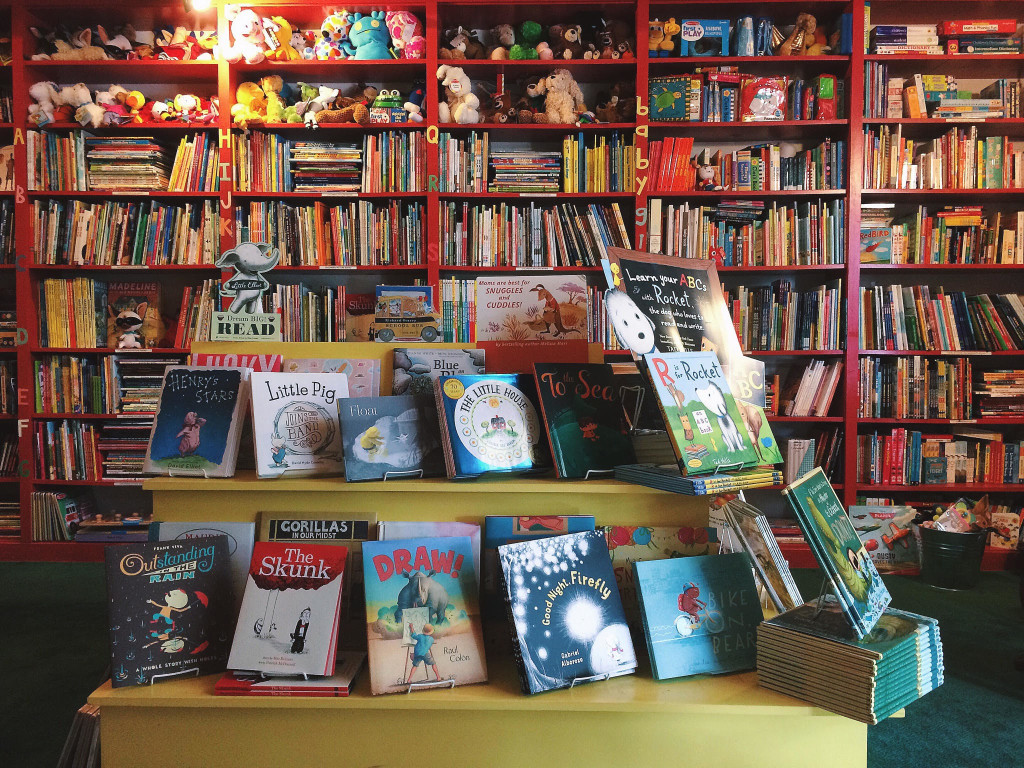
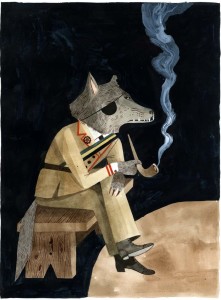
Carson Ellis
One of my favorite things about working in Oz is seeing reactions from people walking in for the first time. It’s a different reaction from the rest of the store, because being surrounded by children’s books brings about a unique feeling, one of nostalgia and hopefulness. You remember what you read as a child, where you read, who read to you. People are delighted and openmouthed, trying desperately to take it all in.
But the children are the best. Their eyes get big, their jaws drop. Sometimes they start running towards the first thing that catches their eye. They try to describe what they’re seeing, but mostly it’s just a lot of words like “Wow.” For children and adults, being surrounded by children’s books is a special, magical experience.
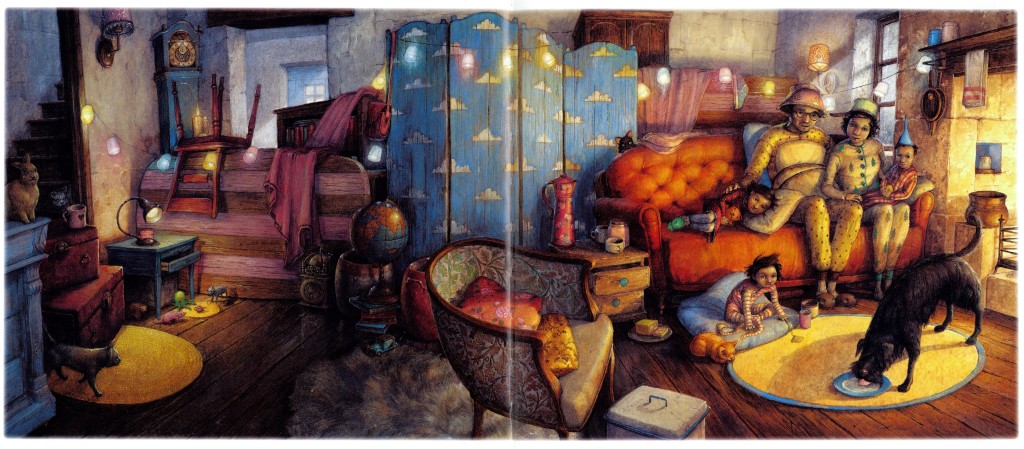
Levi Pinfold
Independent bookstores themselves are magical entities. They pop up in the strangest places, inhabit the strangest buildings, and are run by the strangest people (it’s true, you know it). These buildings, these places, these people, they have histories and pasts and layers. They have stories, and that in turn gives independent bookstores their unique brand of magic: the place and person you buy that book from has as unique a story as the one you hold in your hands.
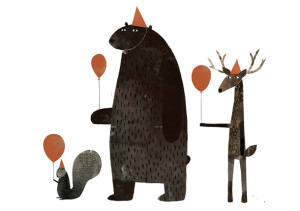
Jon Klassen
People feel that magic when they walk into Lemuria. Even children feel it. It’s a special kind of wonder you don’t get when you walk into a chain bookstore, and definitely not when you order a book off of Amazon. It’s a feeling that makes people excited to visit Lemuria, excited about reading, excited about even the idea of holding a book in their hands. It’s a feeling that manifests itself most beautifully in children. When they come into Oz, a place that seems so otherworldly, a place made just for them, with adults there to help them find something they love, something clicks. It’s a moment I love seeing, a moment I wish everyone could see at least once. All of a sudden the child realizes, “Wow. So this is what reading is like. So this is what books can do. “ They realize places of magic house objects of magic, and those objects are books.
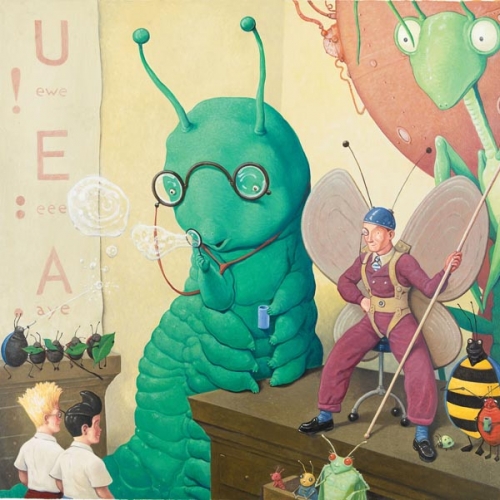
William Joyce
I don’t think I need to explain why fostering a love of reading in children is so important. But I’ll do it anyway, for clarity’s sake. Reading allows children to imagine, to grow and think outside of the box. Reading allows children to learn about worlds outside their small personal ones, to grow in empathy and understanding. Reading provides children with opportunities to succeed, to improve themselves and their situations. Reading teaches children that they are not alone, that somewhere, someone understands their unique experience as a person and has a written a story to speak to them. Reading gives children power and self-confidence, the opportunity to choose what information they consume. Reading is a life-skill that offers so many wide-open doors.
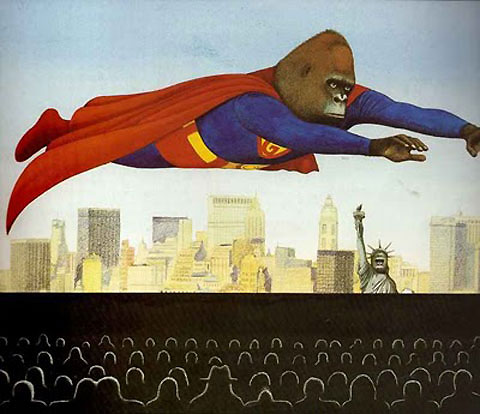
Anthony Browne
But to foster this love, to bring the magic to life, children need places like Lemuria. Readers from seven months to seventeen years old need spaces that seem magical, adults who appear to be wizards pulling books out of thin air. They need a place that ignites a desire to read, and they need guides who want to foster that desire. What they need are people who love books. And I can guarantee you won’t find those people in Amazon warehouses or behind the counters at chain bookstores. You find them in independent bookstores, because independent bookstores are created by people who love books, people who spend their entire lives trying to explain this love to others. So come on in. Bring your kids, stay a while. There is so much we’d like to share with you.
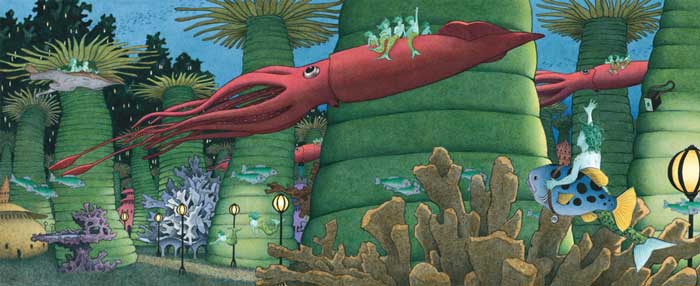
David Wiesner
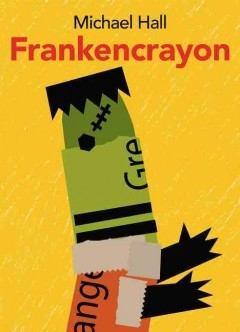 What is there to do when a picture book has been canceled? Pencil is the narrator and director in this story. The crayons are getting ready to act out their parts. Frankencrayon is sent to page 22 to make his grand entrance. He is, as his name suggests, a crayon towering over the rest, a mix of green, orange, and purple broken crayons held together by masking tape.
What is there to do when a picture book has been canceled? Pencil is the narrator and director in this story. The crayons are getting ready to act out their parts. Frankencrayon is sent to page 22 to make his grand entrance. He is, as his name suggests, a crayon towering over the rest, a mix of green, orange, and purple broken crayons held together by masking tape.

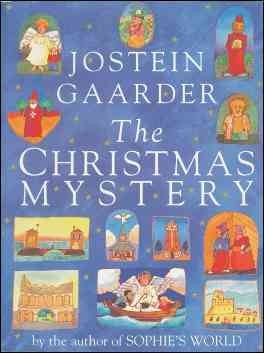








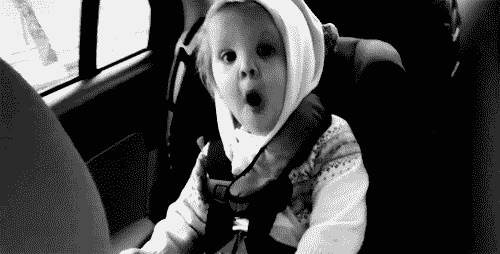



 “We must re-invent love but also quite simply defend it, because it faces threats from all sides.” It is in reaction to posters for an European internet dating-site, Meetic (the particular), and a collective mutation/transfiguration of modern love-action/language-representation (the general), that he takes up his sword-pen against and strikes. The slogans: “Get love without chance!” and “Be in love without falling in love!” and “Get Perfect love without suffering!” Badiou parses out the constituents of love and risk, he says, is a major ingredient. Love cannot exist truly without the randomness involved. It’s like cracking an egg but finding it full of water rather than yolk and substance.
“We must re-invent love but also quite simply defend it, because it faces threats from all sides.” It is in reaction to posters for an European internet dating-site, Meetic (the particular), and a collective mutation/transfiguration of modern love-action/language-representation (the general), that he takes up his sword-pen against and strikes. The slogans: “Get love without chance!” and “Be in love without falling in love!” and “Get Perfect love without suffering!” Badiou parses out the constituents of love and risk, he says, is a major ingredient. Love cannot exist truly without the randomness involved. It’s like cracking an egg but finding it full of water rather than yolk and substance.

 There are many books out there about kids with ADHD, but how does a parent cultivate and reinforce good social skills, self-confidence and self-control into a busy day?
There are many books out there about kids with ADHD, but how does a parent cultivate and reinforce good social skills, self-confidence and self-control into a busy day?



